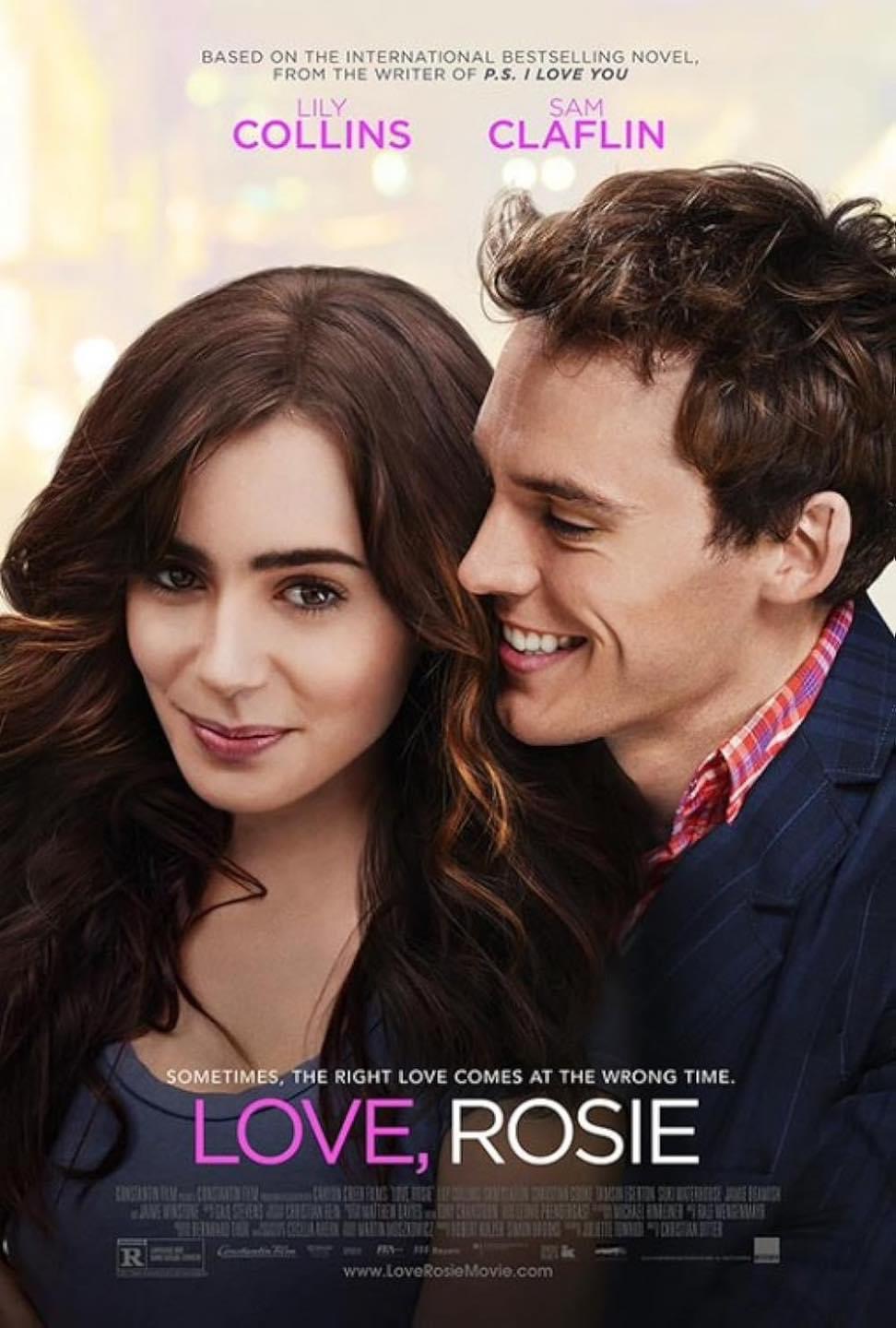Love, Rosie (2014)

Love, Rosie (2014), directed by Christian Ditter, is a heartfelt romantic comedy-drama adapted from Cecelia Ahern’s novel Where Rainbows End. The film explores the enduring connection between childhood best friends Rosie Dunne (Lily Collins) and Alex Stewart (Sam Claflin), whose love story is constantly disrupted by life’s unpredictable twists and turns.
Suggested videos for you:
Plot Overview
Set over the course of more than a decade, Love, Rosie follows the lives of Rosie and Alex, best friends since childhood. The two share an undeniable bond but are plagued by bad timing and unspoken feelings. After a drunken night at a school dance, Rosie’s future is unexpectedly altered when she becomes pregnant with Greg’s (Christian Cooke) child, forcing her to remain in their small Irish town while Alex moves to Boston to attend Harvard.
As the years pass, the two navigate failed relationships, career changes, and near-misses, always remaining in each other’s lives but never fully acknowledging their romantic feelings. Their journeys are marked by humor, heartbreak, and a series of emotional “what-ifs,” culminating in a bittersweet yet satisfying conclusion.
Performances
Lily Collins delivers a standout performance as Rosie, bringing a blend of vulnerability, wit, and resilience to the character. She convincingly portrays Rosie’s struggles as a young single mother while maintaining the character’s charm and humor. Sam Claflin is equally compelling as Alex, capturing his warmth and charm while balancing moments of frustration and longing. The chemistry between Collins and Claflin is palpable, anchoring the film with emotional authenticity.
The supporting cast, including Christian Cooke as Rosie’s unreliable partner Greg and Jaime Winstone as her vivacious best friend Ruby, adds depth and humor to the narrative. Ruby, in particular, provides comic relief and unwavering support, serving as a counterbalance to Rosie’s emotional challenges.
Themes
The film examines themes of love, friendship, and the passage of time, illustrating how life’s unpredictability often complicates matters of the heart. It emphasizes the importance of timing in relationships and the difficulty of seizing opportunities when fear or circumstances get in the way. Rosie’s journey as a single mother also highlights themes of resilience, self-discovery, and the sacrifices people make for those they love.
Tone and Style
Love, Rosie strikes a balance between lighthearted humor and poignant drama, creating an emotionally engaging narrative. The film’s time jumps are handled seamlessly, capturing the evolution of Rosie and Alex’s lives without feeling rushed or disjointed. The cinematography captures the charm of the Irish countryside and the energy of Boston and London, while the vibrant soundtrack complements the film’s romantic tone.
Criticism
While Love, Rosie is undeniably charming, it does fall into familiar romantic comedy tropes, such as prolonged misunderstandings and overly coincidental timing. Some viewers may find the constant near-misses between Rosie and Alex frustrating, as their miscommunication often feels forced for the sake of prolonging the story. Additionally, the film simplifies some of the emotional depth and nuance found in the original novel, opting for a more conventional rom-com structure.
Final Thoughts
Love, Rosie is a warm and relatable exploration of love, friendship, and the challenges of timing in relationships. Despite its reliance on familiar tropes, the film’s heartfelt performances, charming visuals, and emotionally resonant story make it a standout romantic comedy. For fans of the genre or those who enjoy stories of unspoken love and second chances, it’s a satisfying and endearing watch.











